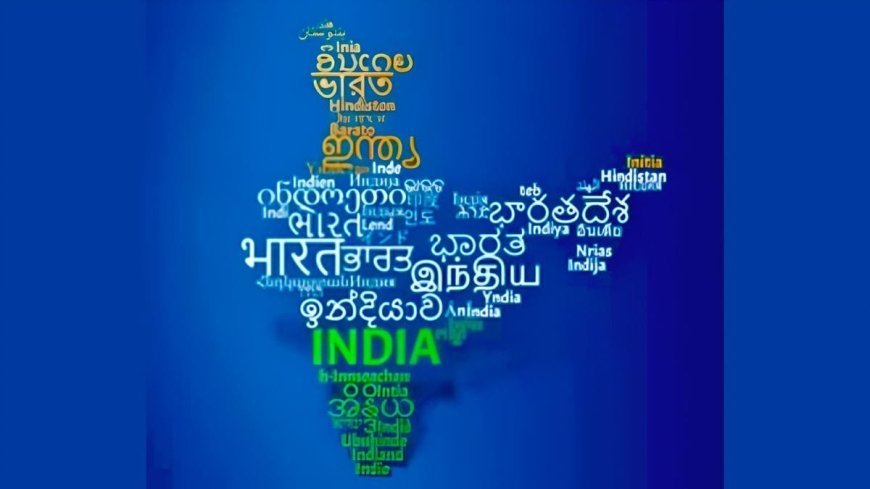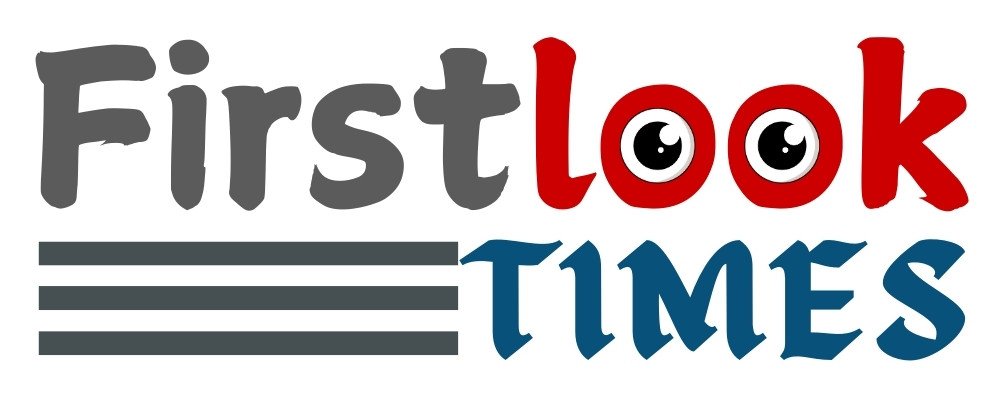Embracing Our Roots: The Pride of Language
New Delhi [India], January 17: Language is much more than a means for communication; it is a vital expression of our identity and culture, shaping the way we connect with others and the world around us. In India, the Hindi language, a direct descendant of Sanskrit, embodies a heritage that dates back to 769 AD. [...]


New Delhi [India], January 17: Language is much more than a means for communication; it is a vital expression of our identity and culture, shaping the way we connect with others and the world around us. In India, the Hindi language, a direct descendant of Sanskrit, embodies a heritage that dates back to 769 AD. This journey began with Old Hindi, originating in the regions surrounding Delhi, evolving into the vibrant dialect we recognize today. Rooted in Sanskrit and the Vedas, Hindi holds immense cultural importance, acting as a bridge that connects us to our ancestors and their wisdom.
India’s linguistic landscape is a vibrant mosaic, celebrating its profound diversity through 22 official languages that mirror its multifaceted identity. Beyond these, the country hums with an incredible 121 languages and 270 distinct mother tongues, weaving together a rich tapestry of cultures and histories. According to Ethnologue, India is home to 463 established languages, of which 451 are still spoken, while 12 have sadly fallen silent. This linguistic richness is not merely a statistic- it is a treasure trove carrying the echoes of its past and the promise of its future. Preserving this treasure is essential to safeguarding the soul of Indian culture for generations to come.
Sanskrit, the ancient language of the Vedas, is revered not only for its historical significance but also for its philosophical and spiritual contributions. Among the most widely spoken, Hindi serves as a lingua franca, connecting people from diverse backgrounds. Bengali, predominantly spoken in West Bengal, holds its own cultural significance, while Marathi, the official language of Maharashtra, boasts a vibrant literary history. Languages like Maithili, primarily spoken in Bihar and Jharkhand, showcase the regional diversity within India. Telugu, spoken mainly in Andhra Pradesh and Telangana, is known for its lyrical quality and Tamil, one of the oldest languages with a continuous history of over 2,000 years, predominantly used in Tamil Nadu, are pillars of Southern Indian literature and culture. Kannada, boasts a rich literary tradition dating back to the 9th century. Gujarati represents the cultural identity of Gujrat; Urdu, with its poetic roots, is widely spoken in North India.
However, amidst this linguistic diversity, the rise of English has transformed the societal landscape. Introduced during British colonial rule, English has become synonymous with social status and modernity in many circles. English became integral to India’s legal system, higher education, administration, science, technology, and commerce, either due to the limitations of indigenous languages or its perceived prestige. Fluency in English is often equated with intelligence and sophistication, creating a perception that proficiency in the language reflects higher education or cosmopolitanism. This dynamic, however, risks creating a divide, leaving those less fluent feeling marginalized or diminished in their self-worth.
A striking illustration of this phenomenon is the story of my friend’s mother paints a vivid picture of how societal expectations can deeply impact an individual’s confidence and connection to their roots. She is a warm and intelligent woman, cherished for her wisdom and life experiences within her close-knit family. Yet, in broader social settings, she chooses to remain in the background, reluctant to engage, not because she lacks thoughts to share, but because she feels her imperfect English might invite judgment.
Her discomfort stems from past encounters where her accent and occasional grammatical slips were met with condescending smiles or dismissive remarks. These small moments accumulated over time, making her hesitant to attend even simple neighborhood gatherings. Her fear of being labeled as “less sophisticated” has overshadowed her rich cultural insights and personal achievements.

This phenomenon illustrates how societal pressures tied to language can alienate individuals, forcing them to withdraw from spaces where their presence and stories could enrich the group. Her reluctance to speak English publicly has also influenced her children, who now speak their mother tongue less frequently, believing it to be “less valuable” in the modern world. This quiet erosion of linguistic heritage underscores how deeply the stigma surrounding language proficiency can affect not only individuals but entire families and communities.
In stark-contrast to the English-dominant mindset, countries like France, Germany, Japan, Korea, Croatia, Italy, Russia, and China, take immense pride in their native languages. Citizens communicate in their mother tongues, often weaving their linguistic heritage into conversations even when speaking English. This cultural pride serves as a reminder that language is not merely a means of communication but a vital component of cultural identity. It is a declaration of who we are and a celebration of where we come from.
As we navigate the complexities of a globalized world, it is essential to foster an appreciation for linguistic diversity. Encouraging pride in our mother tongues can enrich our interactions and deepen our connections to our cultural heritage. Institutions like the Académie Française exemplify the importance of preserving linguistic heritage while adapting to modernity. They remind us that language can evolve without losing its essence.
While English offers undeniable advantages in a multilingual country like India, it should not overshadow the importance of native languages. English should be seen as a tool to bridge communication gaps, not a yardstick for measuring intelligence or social status. It is vital to instil in children a sense of pride in their mother tongues, ensuring they appreciate their linguistic heritage alongside English. This duality enriches their identities and strengthens their connection to their roots in a rapidly changing world.
Language is a powerful tool that shapes our perceptions of ourselves and others. To create a more inclusive society, we must break down judgements based on language proficiency and honour the unique contributions each language brings to our culture. By celebrating these languages, we preserve the stories, values and traditions that define us.
Let us embrace linguistic diversity, recognizing that every language is a reflection of identity and heritage. In this endeavor, English should be embraced as an asset while celebrating our mother tongues. By honoring all languages, we enrich the cultural fabric of society and create a world where every individual feels valued and respected for their identity. Together, we can build a future where every language is a source of pride and every voice is heard, fostering a deeper understanding of our shared humanity.
For more information, please visit:
Instagram: @indira_vashista_carena
LinkedIn: indira-carena
If you have any objection to this press release content, kindly contact pr.error.rectification@gmail.com to notify us. We will respond and rectify the situation in the next 24 hours.
What's Your Reaction?












































